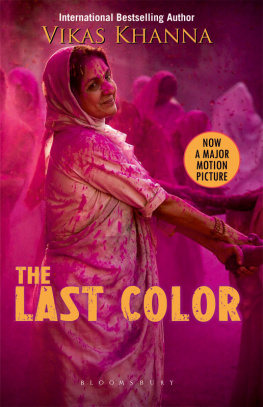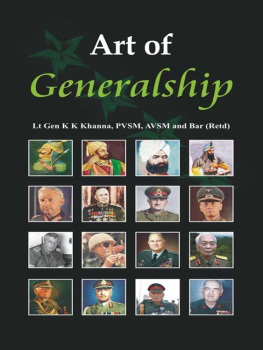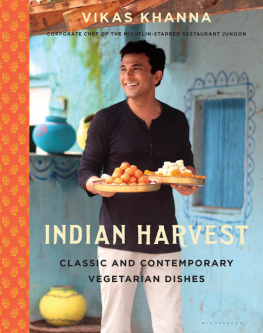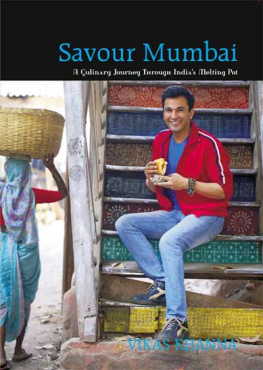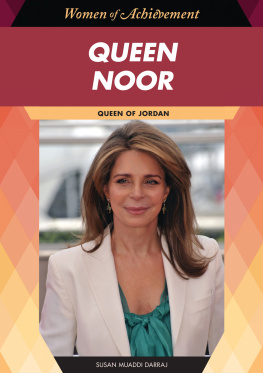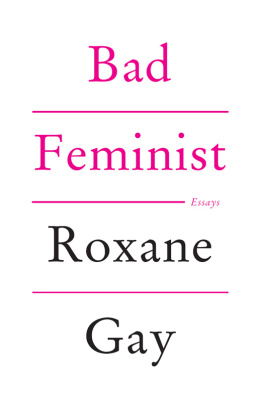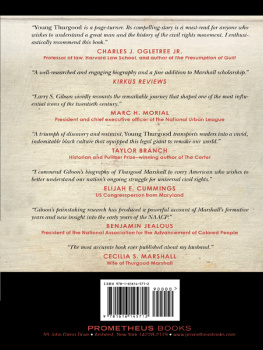Table of Contents



Vikas Khanna

BLOOMSBURY INDIA
Bloomsbury Publishing India Pvt. Ltd
Second Floor, LSC Building No. 4, DDA Complex, Pocket C 6 & 7,
Vasant Kunj, New Delhi 110070
BLOOMSBURY, BLOOMSBURY INDIA and the Diana logo are trademarks of Bloomsbury Publishing Plc
First published 2018
Copyright Vikas Khanna, 2018
All rights reserved. No part of this publication may be reproduced or transmitted in any form or by any means, electronic or mechanical, including photocopying, recording, or any information storage or retrieval system, without prior permission in writing from the publishers
Bloomsbury Publishing Plc does not have any control over, or responsibility for, any third-party websites referred to or in this book. All internet addresses given in this book were correct at the time of going to press. The author and publisher regret any inconvenience caused if addresses have changed or sites have ceased to exist, but can accept no responsibility for any such changes
E-ISBN:978-93-88038-03-4
2 4 6 8 10 9 7 5 3 1
Photo credits: Rajesh Kumar Singh
To find out more about our authors and books visit www.bloomsbury.com and sign up for our newsletters
To,
The promise-keepers of friendship
Contents

A newborn was dumped face-down in the rotting heaps of garbage, left to fight for her survival amongst the rats and stray dogs and the refuse of society. Somehow no one, not one person, seemed to hear her cry. How could they? Their ears were hardened to the likes of her. What is the significance, after all, of a life struggling to be born in a city where people come to die?
It is said a babys first cry is a celebration of the seamless, mostly colorless, sometimes odorless air that enters softly through her mouth and nose, to power her lungs and transform into life-giving breath. In Varanasi, this air is a potent combination of dust, sandalwood and rose-scented incense, the vibrations of chants and slokas, the mist of the Ganga, the death crackle of burning pyres and, of course, the spirit of survival.
But today, at this moment, this story, this life trembles on the edge of an echo.
It is believed that when Ravana was born he screamed so loud that his father Vishrava named him Ravana after the terrifying sound he made. But here, at this moment, even that terrifying roar would not have been heard amidst the honking and chanting.
For this vulnerable shame of society to survive, she would have to be louder. Louder than the chants and the temples ringing bells, louder than the lung-challenging sounds of the conch, louder than the unheeded, bullying horns of vehicles on the streets, and louder than the voice of light.
This child needed a miracle.
Today, if this silent voice were to win, it might yet save humanity.
Luckily, a garbage collector, an old woman in a yellow saree, noticed her. Ironically, she was deaf; deaf by birth, not by social norms.
The old woman in the yellow saree was revered as something of a saint in the narrow streets of Varanasi. If relatives and friends happened to catch sight of her as they carried the dead body of a loved one on a bamboo bier towards Manikarnika Ghat, they always stopped their chanting of Ram Naam Satya Hai and bowed low. None was quite sure if they did this out of respect for her, or fear. She was poor, very poor. But she could compete for a spot in the Forbes Billionaires power listthe real power listbecause she had it in her to save lives, one at a time. And so, the little girl lying face-down in the dirt, who was destined to fight the world, was rescued by the old woman and taken to the Nameless House with Pink Walls, where she was named Choti, meaning, simply, small thing.
It was the early nineteen-eighties, near the Varanasi Ghats.
The River
Back Home
New Delhi, 2012

Wherever you begin, wherever you end, we all return to the river
M aam, but what was the reason? What inspired you go to the Supreme Court to fight this battle, against religion, against society, against ancient customs?
Tell me, what religion teaches differences among people? And anyway, I wasnt fighting against anyone, I was fighting for someone
She watched the short news-clip about her that had been playing on loop throughout the day, followed by the camera cutting to the expert panelists on the show. In a minute, the talk had turned into a slanging match. There was no mention of the injustice done to the widows. Nothing about the extreme life of renunciation they had been condemned to live. Their lives lived in perpetual mourning, not even a spot of color allowed on their person. The argument paid no regard to history, or memory, or fact. It was about nothing. It just was.
The news blared on from the TV in their cramped one-bedroom apartment in north Delhi. The silence in her head began to swell louder than the clamor on TV, until the screaming on the news channel became just so much white noise. Its shrillness penetrated her most silent reaches with its senseless acrimony, unsettling her further.
The front door of their apartment was the color of deep marigold. A garland string of shriveled lemons and green chillies hung atop its worn frame to ward off the evil eye. The living room centered around a small dining table adorned with a vase of plastic sunflowers and had blue walls from which hung many photographs of mother and daughter: graduation pictures, birthday pictures, and all the newspaper clippings of each of her victorious legal cases.
She heard her mothers firm but soothing voice cut through the clamor, at close enough range to become a calming voice-over to her frantic thoughts. I have packed you some paranthas and mango pickle, dear. And water. Remember, drink plenty of water every day to keep healthy. And dont forget your files, Ma pointed from the kitchen across the room at the pile of legal folders she had left on the table.
She stood, leaning against the bed, in her saree with its pink, fresh-as-the-beginning-of-spring floral print and her light green blouse that offset the leaves of the pattern. When she heard her mother say file, her heart leapt again and she stared across the room at the dusty brown cardboard folder with the words Supreme Court Orders typed out on a manual typewriter.
She was in the bedroom, struggling to fit in the last of her belongings into the old gray polyester duffel bag she always traveled with, but the buzzing noise inside had paralyzed her. Any real arguments and issues that might otherwise have emanated from the TV were rendered insignificant by the acrimonious bluster created by the panel of talking heads. One moments insignificant gnat of an issue abruptly became the next moments roiling Pacific Ocean.
Beta! Child, are you listening to me? Ma said, louder.
She picked up the remote and snapped off the TV, then went back to packing her things, pretending not to hear her mother.
Why did do you do that? Ma said, tossing the edge of her pashmina shawl lightly over her Punjabi suit, as she walked up to her.

